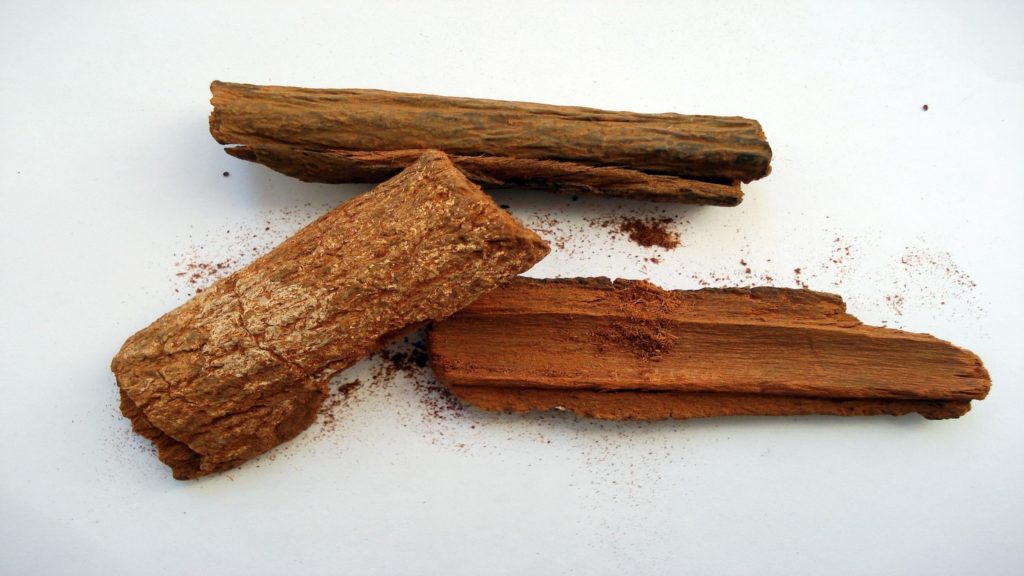
Researchers have found that the anti-malarial drug quinine can block a cell’s ability to take up the essential amino acid tryptophan, a discovery that may explain many of the adverse side-effects associated with quinine. Once confirmed, these findings would suggest that dietary tryptophan supplements could be a simple and inexpensive way to improve the performance of this important drug.
Quinine is a very commonly used anti-malarial drug, yet to this day the principal mode of quinine action against the malaria parasite is still largely unclear, as is the basis for adverse reactions like nausea, headaches, and blurred vision. To address these gaps, Simon Avery and colleagues at the University of Nottingham took advantage of yeast genetics, examining the effects of quinine on a collection of 6000 yeast mutants, each one lacking exactly one of the yeast’s 6000 genes. While quite different from humans, yeast is comparable on a cellular level and yeast is frequently, and successfully, used as front-line agents in testing chemicals and small molecule drugs.
Their screen revealed that strains unable to make tryptophan were extremely susceptible to quinine poisoning, which led them to identify a tryptophan transporter as a key quinine target (yeast that cannot make their own tryptophan have to rely exclusively on external sources, and thus die if tryptophan transport is blocked).
This discovery fits in well with evidence that quinine reactions are more severe in malnourished individuals. Unlike yeast, humans cannot make their own tryptophan and thus require dietary tryptophan, which is abundant in meat but limited in yams, a staple food crop in the tropics where malaria is prevalent. If quinine severely reduces tryptophan uptake, then it follows that people with preexisting tryptophan deficiencies would be especially at risk to this drug.
The authors also note that tryptophan is important as a precursor for the brain chemical serotonin, so the enhanced tryptophan deficiency induced by quinine could explain why many of quinine’s side effects are localized to the head region. They also note that side-effects could be averted simply by taking dietary tryptophan supplements in conjunction with quinine treatments, though it is not yet known if tryptophan may affect quinine action against the malaria parasite.
 Unlock the Queen Bee Secret: How Royal Jelly’s Cutting-Edge Science Could Transform Your Health and Vitality – And Why You Should Consider Adding It to Your Routine Today
Unlock the Queen Bee Secret: How Royal Jelly’s Cutting-Edge Science Could Transform Your Health and Vitality – And Why You Should Consider Adding It to Your Routine Today Zinc Citrate Absorption Superior to Oxide
Zinc Citrate Absorption Superior to Oxide Can Selenite be an Ultimate Inhibitor of Ebola and Other Viral Infections?
Can Selenite be an Ultimate Inhibitor of Ebola and Other Viral Infections? Selenium Supplements May Contribute To Reduced HIV Viral Load
Selenium Supplements May Contribute To Reduced HIV Viral Load